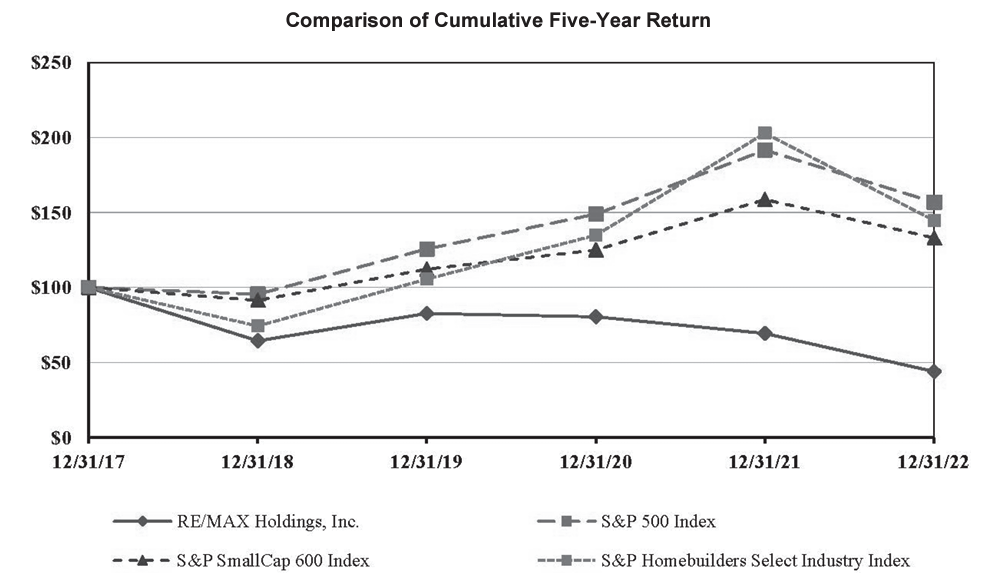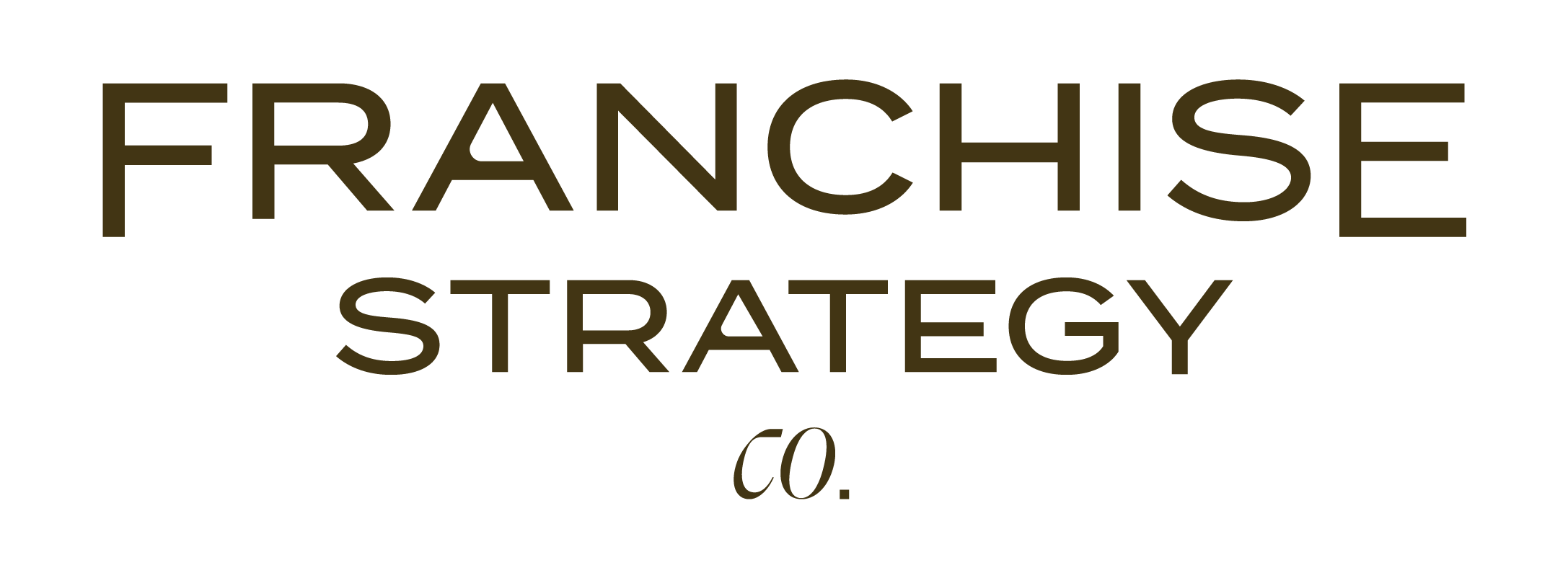The RE/MAX franchise strategy has evolved since 1973 from a vision to change an industry to become a global leader in real estate sales. Their journey was not without issue and the strategies they started with have evolved with the growth of the company.
Brief History of RE/MAX
Dave Liniger co-founded RE/MAX in Denver, Colorado in January 1973 with Gail Main (later Gail Liniger). Despite facing criticism, Dave, Gail and their team, including Bob Fisher and Daryl Jesperson, worked hard to build the network’s foundation. In 1975, the network expanded to Kansas City when Dennis Curtin purchased a franchise. Two years later, the network opened its first Canadian brokerage in Calgary, Alberta.
The iconic RE/MAX hot air balloon had its first flight during the Albuquerque Balloon Fiesta in 1978. This was part of a promotional campaign by the Regional Director in New Mexico. A year later, the balloon was chosen to be the official logo of the network, leading to the birth of a global brand.
Background on Founder
Dave Liniger grew up in Marion, a small town in Indiana. After serving in the Air Force and Vietnam, he discovered a passion for real estate while stationed in Phoenix, Arizona. Dave worked for a 100-percent commission company and a traditional brokerage before co-founding RE/MAX in 1973.
Dave Liniger had a vision to create a real estate powerhouse where experienced agents would keep more of their commissions. Allowing them the freedom to run their business as they saw fit. He noticed that this maximum-commission model would appeal to serious professionals. They preferred to contribute collectively to office expenses rather than settle for a traditional commission split. By combining this model with robust marketing and other agent services for the first time, he revolutionized the real estate industry forever.

The RE/MAX Early Strategy
The strategy or competitive advantage Dave Liniger wanted to exploit was based on the maximum commission concept that let real estate agents keep more of what they earn. This focus would allow the company to create an ecosystem that would revolutionize the real estate industry.
The second part of his strategy was to focus on growth. To do this, he franchised the company in 1974 as RE/MAX of America. Franchising would focus on expansion within the U.S. and it wouldn’t be until 1977 that they opened their first location outside of the U.S. in Canada.
What is the RE/MAX Business Model?
Operate as a Franchisor with Franchisees. Franchisor revenue comes from:
- Continuing Franchise Fees – fixed contractual fees paid monthly
- Annual Dues – fixed membership fee paid annually by RE/MAX agents directly to the Company to be a part of the RE/MAX network and use the RE/MAX brand
- Broker Fees – Broker fees are assessed against real estate commissions paid by customers when a RE/MAX agent sells a home. Generally, the amount paid is 1% of the total commission on the transaction
- Marketing Fund Fees – Marketing Funds fees are fixed contractual fees paid monthly by franchisees based on the number of RE/MAX agents in the respective franchised region or office
- Franchise Sales – Franchise sales comprises revenue from the sale or renewal of franchises. A fee is charged upon a franchise sale or renewal. Those fees are deemed to be a part of the license of symbolic intellectual property and are recognized as revenue over the contractual term of the franchise agreement, which is typically 5 years for RE/MAX

What is the Current RE/MAX Strategy?
The current strategy is not made clear in their annual reports from 2013-2022. However, I can make some assumptions as to their current strategy based on some key information they have provided in their 2020 annual report. They have created a four pillar foundation in the following order:
Mission: Deliver the best experience in everything real estate.
Vision: To be the global real estate leader – the ultimate destination for professionals and consumers.
Values: We are MORE.
Deliver to the Max
Customer Obsessed
Do the Right thing
Together Everybody wins
Beliefs: We believe in…
…the value of full-time diverse professionals.
…preparation, education and constant growth.
…both experience and innovation.
…the power of association – and that individuals thrive in positive, productive and inclusive environments
Based on the above and information gathered in their annual report, their current strategy is focused on selling franchises and to help franchisees recruit and retain the best agents. To do this, they are focused on the following:
- Leading Agent Productivity – RE/MAX agents are more productive than the industry average.
- Leading Market Share – No one in the world sells more real estate than RE/MAX.
- Leading Brand Awareness – Highest level of unaided brand awareness in the U.S. and Canada.
- Leading Global Presence – A global footprint larger than any other real estate brokerage in the world.
How Does the Strategy Impact Franchisees?
RE/MAX is focused on 100% of their locations being franchisee owned. As a result, recognize the need to focus on bringing more independent brokerages and agents over to their brand. This focus means franchisees can rest assured that the franchisor sees the value in each of their locations growing through sales and agent head count. Overall, this is great to see a franchisor truly see and recognize the value in the franchisee in reaching new heights.
What Happens if RE/MAX Does Not Execute Their Strategy?
In the Risk Factors section of their annual filing they discuss obvious risks with not being able to execute on their strategy which includes: lower revenue, lower value returned to shareholders, and ultimately the inability to grow their agent count.
How Do They Measure Success?
The majority of our revenue—65% in 2016—is derived from fixed, contractual fees and dues paid to us based on the number of agents in our franchise network, so agent count is a key measure of our business performance
How Has the Company Performed Over the Past 5 Years in the U.S. Market?
As referenced in their annual report, the performance of the stock over the previous 5 years has significantly underperformed the S&P 500 Index as well as the S&P Homebuilders Select Industry Index.

Conclusion
The RE/MAX brand has grown out of an idea to revolutionize the real estate industry in the 1970’s to not only accomplishing that goal but being the industry leader globally in the number of residential real estate transactions globally.
As a franchisor, they are focused on the profitability and success of their franchisees and as a result are heavily focused on ensuring they have the best educational tools, resources, and marketing in the industry to allow them to maintain a competitive advantage.
They know fundamentally what their business does, and their strategy aligns to supporting the vision of continuing to be a global real estate brand leader.


